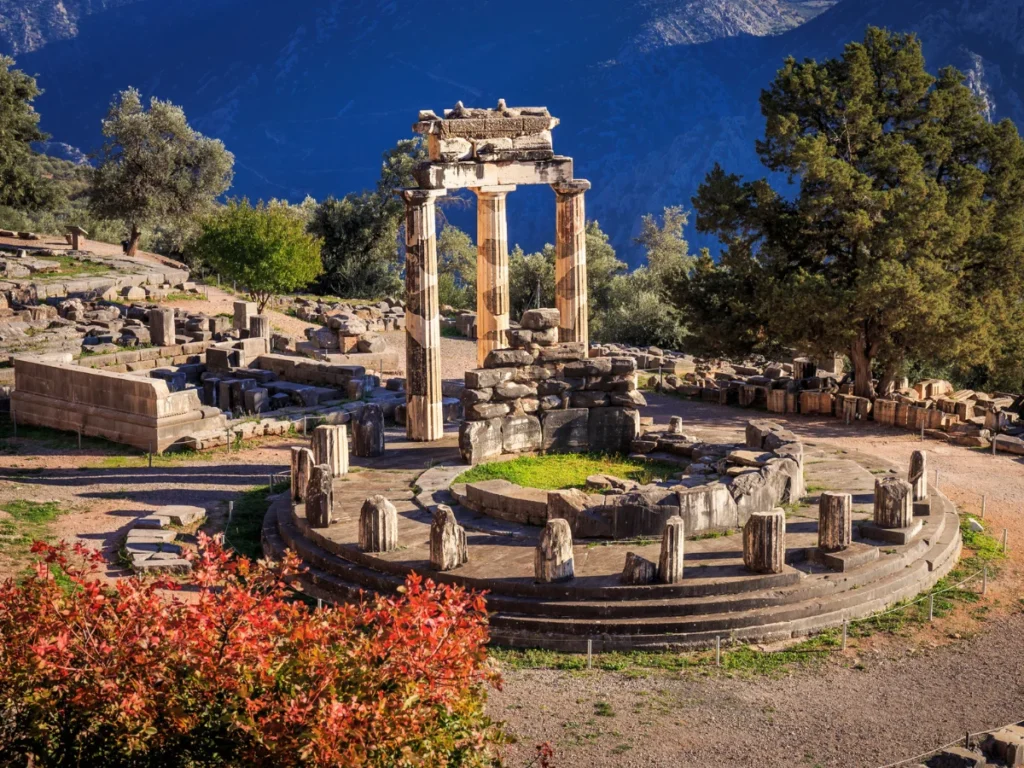Ares was the complex God of war in greek mythology
Ares was the complex God of war in greek mythology. Born of Zeus and Hera, his paradoxical nature encompasses impulsive chaos and disciplined combat. Revered and criticized by the ancient Greeks, Ares’ multifaceted character reflects the duality of battle’s intensity. His legacy transcends myth, symbolizing the perpetual clash between humanity’s primal instincts and the courage that arises amid conflict’s chaos.

The complex God of war in greek mythology: Ares
Introduction
In the pantheon of ancient Greek deities, Ares stands as a multifaceted and enigmatic figure. Revered as the god of war, his persona is defined by a paradoxical blend of brute force and strategic intellect. Ares’ intricate character is woven into the rich tapestry of mythology, reflecting both the brutal chaos of battle and the disciplined art of warfare.
Origins and Nature
Ares, born to Zeus and Hera, embodies the primal essence of conflict and violence. Unlike his sister Athena, who represents tactical wisdom in battle, Ares exemplifies the unbridled frenzy of combat. His impulsive nature often aligns with the unpredictable chaos of war. There strategy and restraint often take a backseat to raw aggression.
The Bellicose Deity
Ares’ association with warfare and violence is complex. He is depicted in both awe and disdain by the ancient Greeks, as his impulsive and reckless behavior can lead to both triumph and disaster on the battlefield. Warriors sought his favor before battle, beseeching him for valor and strength, yet they also recognized the peril of his unrestrained rage.
The Lover and the Fighter
Ares’ personality extends beyond the battlefield, revealing his passionate and indulgent side. His love affairs, notably with Aphrodite, the goddess of love, introduce a dichotomy between his warlike demeanor and his vulnerability to desire. This juxtaposition underscores the complex interplay between primal instincts and human emotions.
Depictions in Art and Culture
Ares is often depicted armed and armored, his fierce countenance capturing the intensity of battle. Ancient Greek art portrays him as a physically imposing figure, embodying the brute strength that fuels the chaos of war. His influence permeated both military strategy and cultural expressions, as the Greeks acknowledged the undeniable role of conflict in shaping their society.
Legacy and Symbolism
Ares’ legacy transcends the boundaries of myth. His name, synonymous with war, resonates through history as a reminder of the relentless cycle of conflict that has shaped civilizations. While he embodies the destructive aspects of human nature. Ares also represents the courage and heroism that arise amid the chaos of battle, reflecting the eternal struggle between savagery and honor.
Conclusion
Ares, the intricate god of war, serves as a conduit for exploring humanity’s primal instincts and the harrowing experiences of conflict. His multifaceted nature, characterized by a blend of impulsive aggression and strategic prowess, mirrors the complexity of war itself. Whether revered or reviled, Ares’ presence endures as a testament to the enduring clash between the ferocity of battle and the indomitable spirit of those who face it.
